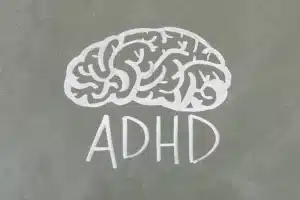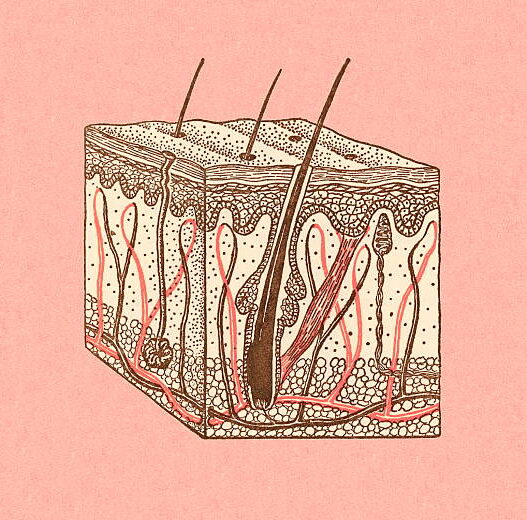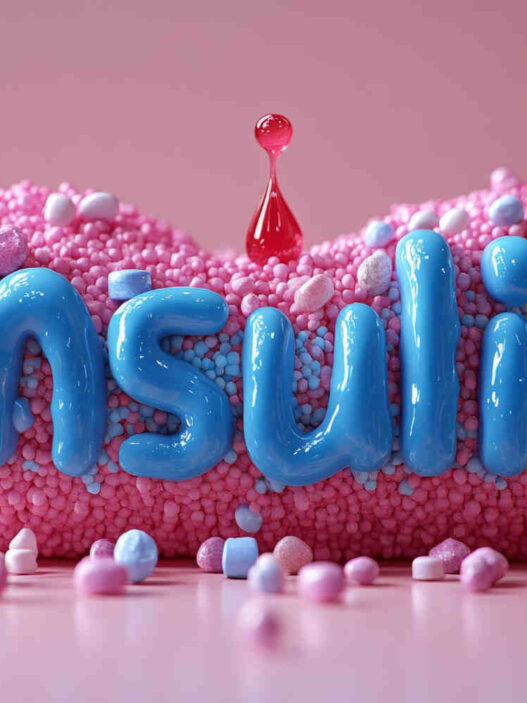ADHD Awareness Month
October is ADHD awareness month. Let us understand ADHD in this month.
The last 42 years overseas was a key phase of my life which came to a close a year back when I decided to return to my homeland India to re-commence another beautiful phase.
Coaching and Mentoring is second nature to me – a passion so to say. That ‘EUREKA’ moment when you hear a client disdainfully state – “I don’t know” to exclaim “AHA”! is rewarding beyond measure.
A reasonable lack of ADHD awareness with people in my environment, is what prompted me to take a deep dive into the study of ADHD. If we evaluate developments in the field of mental health, the pace appears to be reasonably slow. Barriers, among others, include the low numbers of those trained in mental health care and the lack of mental health perspective in even developed societies. Stigma and discrimination due to ignorance and misinformation needs urgent addressing.
Let’s look at this condition a bit more closely. My aim is to provide better awareness of this neurodevelopmental disorder that affects an estimated 2.4% (388,000) of children aged 2 to 5 years old, and 9.6% (2.4 million) of children aged 6 to 11 years old (by SingleCare Team Medically reviewed by Marissa Walsh, Pharm.D., BCPS-AQ ID) on this ADHD awareness month. Let us understand ADHD on ADHD awareness month and beyond!
What is ADHD?
Attention deficit hyperactivity disorder or ADHD is a mental health disorder that can cause above-normal levels of hyperactive and impulsive behaviors. Medics and researchers are still unsure about the causes of the condition. It is believed that genetics might just play a role.
The average age of ADHD diagnosis is around 7 years. However, symptoms first appear between the ages of 3 and 6 years. It most often occurs in children, but can also be diagnosed in adulthood. Cases and diagnoses of ADHD have been increasing dramatically in the past several years.
Types of ADHD
ADHD is of three different types and each type has specific characteristics:
Inattention
Symptoms include poor concentration and organizational skills, loss of focus, procrastination, forgetfulness, etc.
Hyperactive-Impulsive
Interrupting, taking risks, difficulty controlling behavior, always ‘ón-the-go’ etc.
Combined
Meets the criteria for both types: Hyperactive-Impulsive and Inattentive
ADHD testing and diagnosis
Attention-deficit hyperactivity disorder (ADHD) unfortunately cannot be diagnosed with a physical test, like a blood test or an X-ray. Instead, a health professional uses an assessment/evaluation process to diagnose ADHD.
Psychiatrists, Psychologists, Psychotherapists can diagnose ADHD with the help of questionnaires, rating scales, intellectual screenings etc. which may all be part of the assessments being conducted. Besides the assessment process, what greatly helps is detailed discussions with the person diagnosed and close family members, teachers, peers etc. Once an accurate diagnosis is established and the person tested positively for ADHD, a course of treatment that will help make life more manageable can commence.
On this ADHD awareness month, I would also like to point out that an ADHD trained coach is eligible to conduct these deep-end discussions as well to pick on the symptoms and support the person with skill development.
ADHD treatment and medication
Most children are mischievous and exhibit behaviours that can frustrate and upset parents. Being incessantly active to times when their behaviour veers out of control can be aggravating most parents. However, for some children, these kinds of behaviours are more frequent and severe interfering with their ability to live normal lives.
Parents must observe these excessive behaviors, pay close attention to them, regularly meet with the child’s teachers and not confuse the behavior for the usual mischief. Early treatment is critical to understanding and managing the condition in a better way. Sadly, an astounding number of children with diagnosed ADHD do not receive any treatment.
According to the American Academy of Pediatrics (AAP) parents of children younger than 6 years of age could receive training in behavior management as the first line of treatment, before medication is tried. For children 6 years of age and older, the recommendations include medication and behavior therapy together. Several different types of medications are FDA-approved to treat ADHD in children as young as 6 years of age.
Healthcare providers who prescribe medication may need to try different medications and doses. The AAP recommends that healthcare providers observe and adjust the dose of medication to find the right balance between benefits and side effects. It is important for parents to work with their child’s healthcare providers to find the medication that works best for their child. Treatment for adults can include medication, coaching, psychotherapy, or a combination of treatments for best results.
ADHD Coaching
ADHD significantly impairs multiple aspects of life, leading to educational underachievement, unemployment, unsuccessful relationships, etc. Coaching is a tool you can use in combination with medication and other ADHD treatments to help you get organized and reach your goals.
ADHD coaching is a relatively new field but beautifully compliments medication. Let us be aware of the ADHD coaching during this ADHD awareness month. ADHD coaches work with clients who have ADHD to address specific needs and personal goals. They work closely with their clients to address core symptoms to overcome the challenges faced. As an ICF Certified Coach, a certified Senior Professional Coach from the Coach Transformation Academy, a member of the Academy for Coaches, and an experienced ADHD Coach, I have effectively and successfully served teens and adults diagnosed with ADHD manage their lives in a much better manner.
Most coaching techniques use cognitive behavioral therapy (CBT) principles, and the focus is structured around increasing motivation, goal-setting, time and stress management, organization skills, building self-image, communication skills, memory improvement, etc.
On this ADHD awareness month, let us all become aware of this health condition and seek professional help.
Disclaimer – Coaches are not medical health professionals and are not trained to address psychiatric and emotional issues unless they are licensed, mental health professionals.

Daman R Philip is the Founder and CEO of The Life Experts. She is an ICF Certified Coach and a Coach Transformation Academy certified senior professional Relationship coach.










